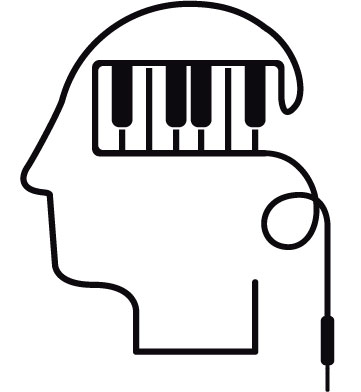About Copyright
Copyright is a legal concept that grants exclusive rights to the creators of original works.
These rights include the ability to copy, publicly perform, distribute, and adapt the work. They can also be licensed, transferred, or assigned. Copyright is a form of intellectual property right that empowers creators to control the usage of their work and gain financial benefits from its use. In Ireland, copyright is regulated by the Copyright and Related Rights Act 2000.
In Ireland, the copyright for literary, dramatic, musical, or artistic works lasts for 70 years after the author’s death. After this period, the work enters the public domain, allowing anyone to use, modify, or republish it without worrying about copyright infringement.
Copyright protection extends to various types of works, including literary works (e.g., novels, instruction manuals, computer programs), dramatic works, musical works, artistic works (e.g., paintings, photographs, sculptures), and more. It also covers the layout or typographical arrangements used to publish a work and recordings of a work (both sound and film), as well as broadcasts.
Copyright applies to any medium, which means you cannot reproduce copyright-protected work in another medium without permission. For instance, publishing photographs on the internet or making a sound recording of a book would require permission from the copyright holder.
A copyright-protected work can have multiple copyrights associated with it. For example, a music album may have separate copyrights for each song, the sound recordings, the artwork, and so on.
It’s important to note that copyright does not protect ideas; it only covers tangible expressions of those ideas. To be protected by copyright, a work must exist in a written or recorded form. In Ireland, copyright protection is automatic upon materialisation, and there is no formal registration process, unlike the United States.
To safeguard against plagiarism or disputes over ownership, creators often take precautions such as recording their work on a CD, writing it in manuscript form, or depositing it with a solicitor or bank manager. Posting it to oneself by registered mail can also serve as evidence of the work’s existence at a specific date, should the need for proof of ownership arise.
Music Creators
- Affinity Schemes
- Join IMRO
- Benefits of IMRO Membership
- IMRO Mobile App
- Members’ Handbook
- About Copyright
- Royalty Distribution Schedule
- IMRO Distribution Policies
- Competitions & Opportunities
- Travel Grant Form
- Irish Radio & Useful Contacts
- Other Music Bodies in Ireland
- Affinity Schemes
- Music Creator FAQs
- International Partners
- International Touring Guide
Music Users
- Do I Need a Licence?
- Sign Up for a Music Licence
- Pay Your Licence Online
- IMRO and PPI Tariffs
- Dual Music Licence Explained
- Music Licences for Businesses
- Music Licences for Live Events
- Music Licences for Broadcast & Online
- Music licences for Recorded Media
- Music Services B2B
- Music User FAQs
- What’s Your Soundtrack Campaign
- Terms & Conditions for IMRO Events Voucher Competition
- Cookie Policy
- Privacy Statement
- Disclaimer
- www.imro.ie
- Terms & Conditions
- © IMRO 2024
- Registered Number: 133321
Please select login
For Songwriters & Publishers
For Business Owners

